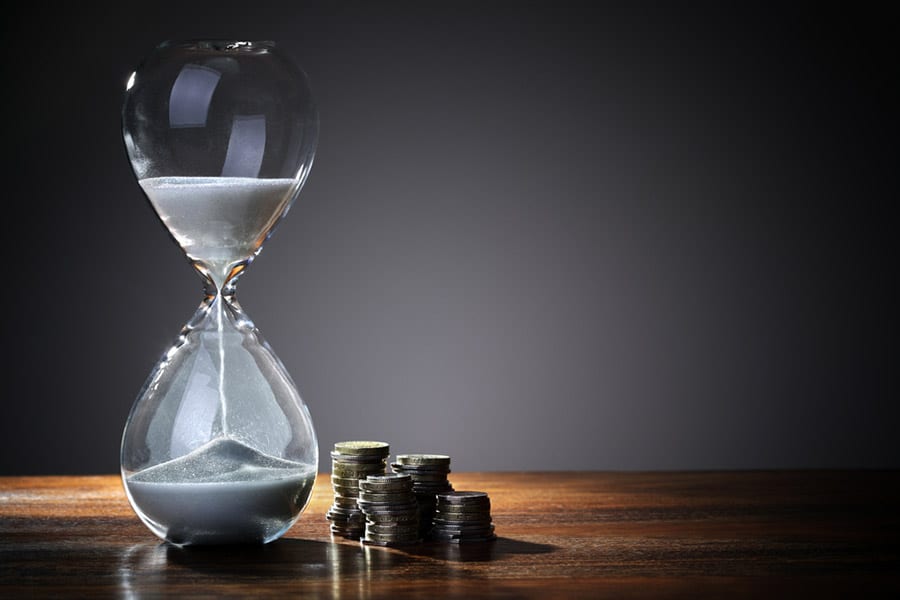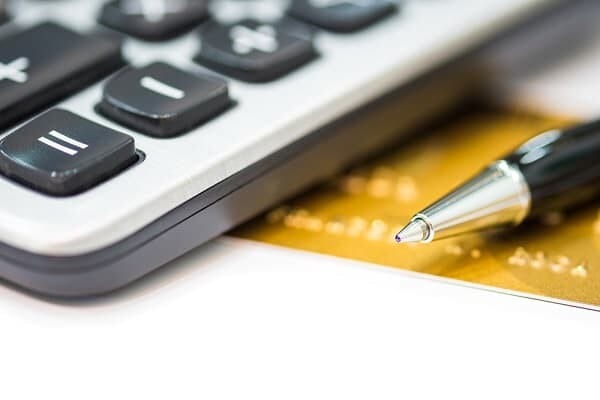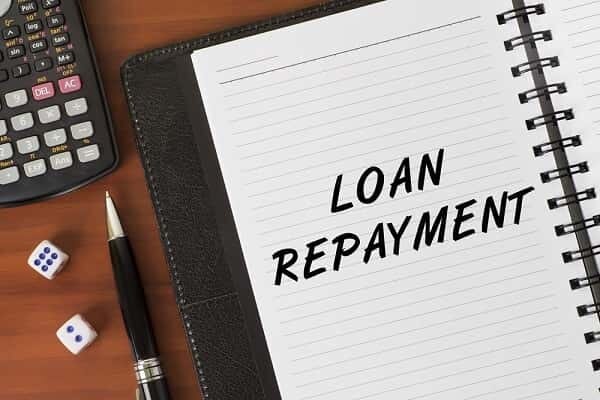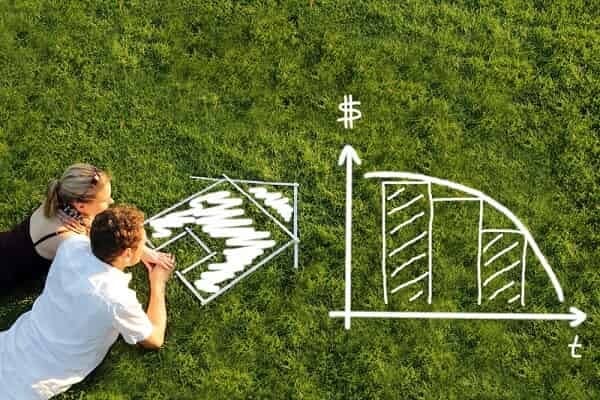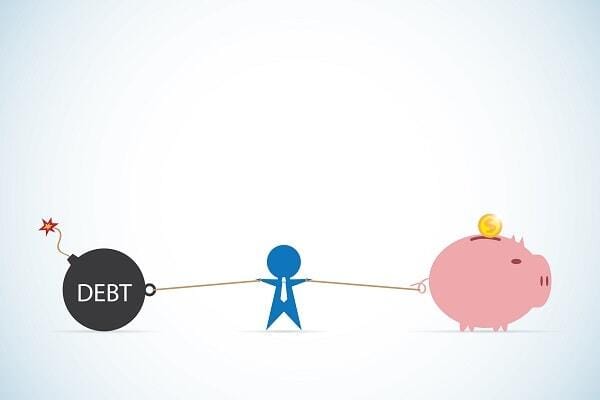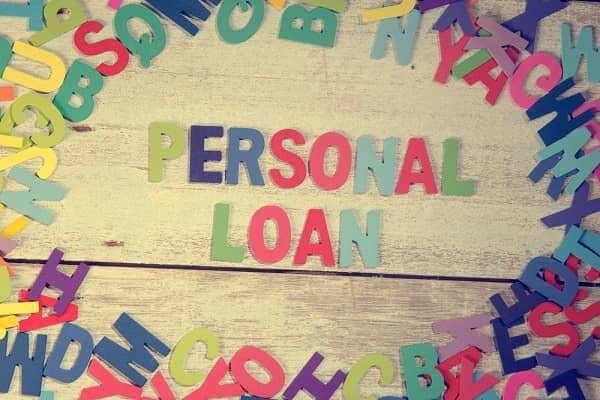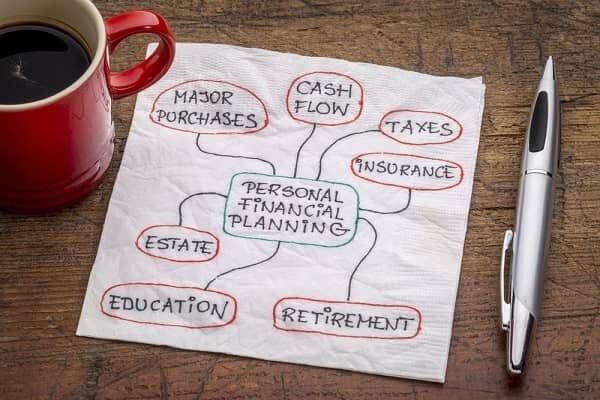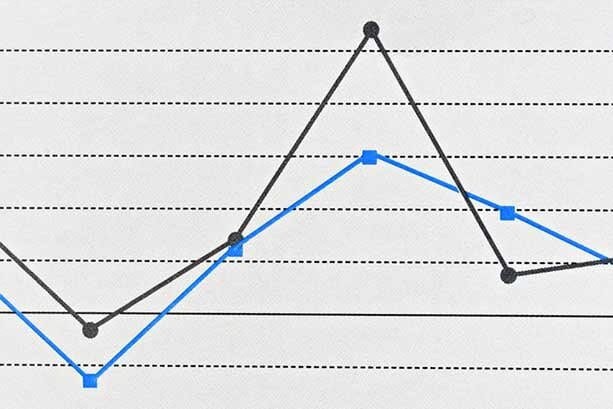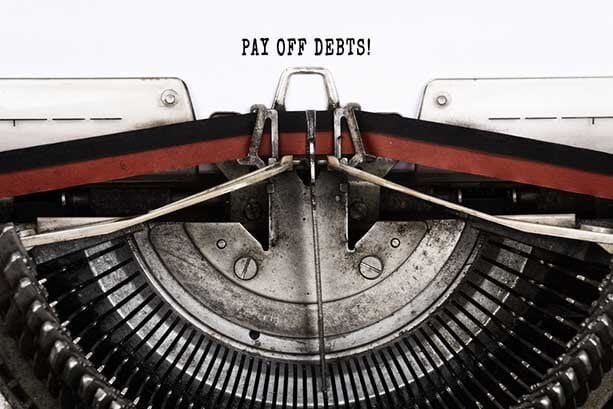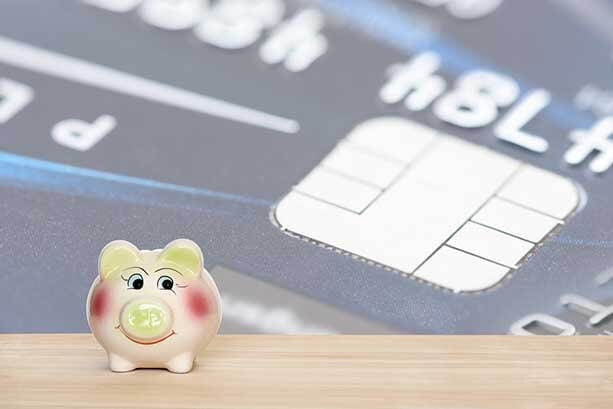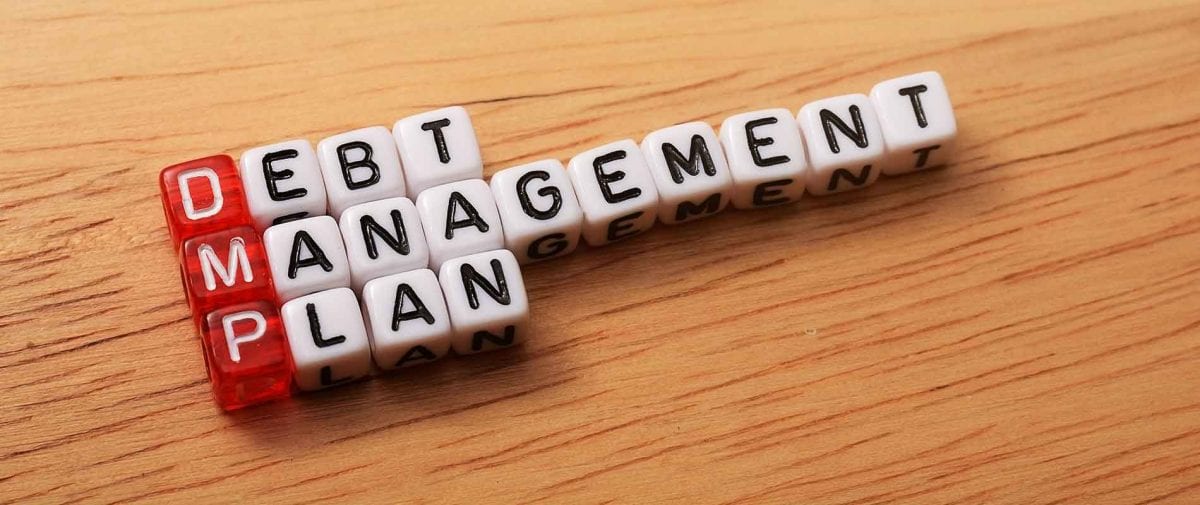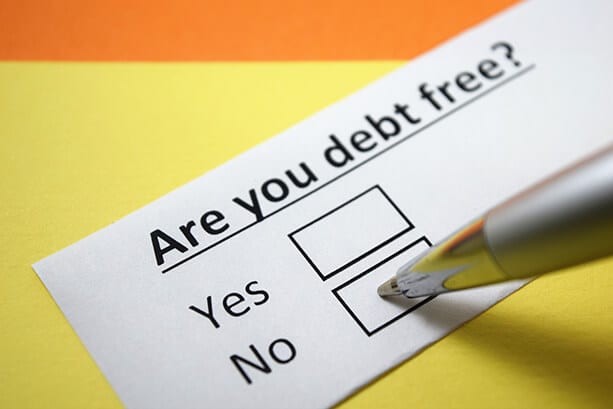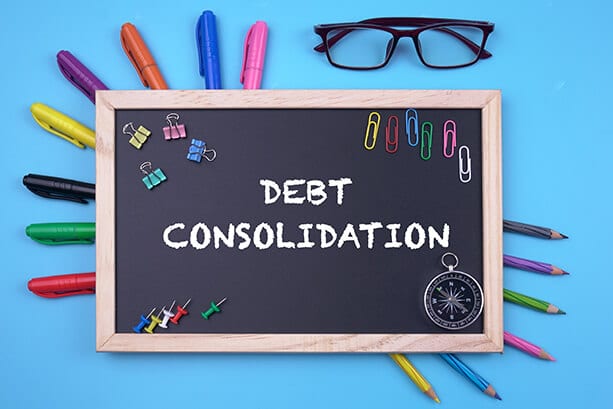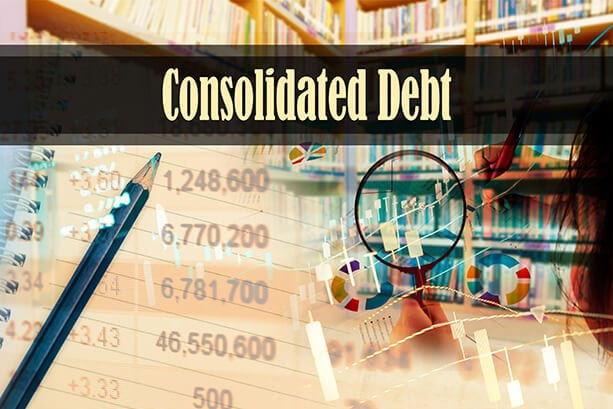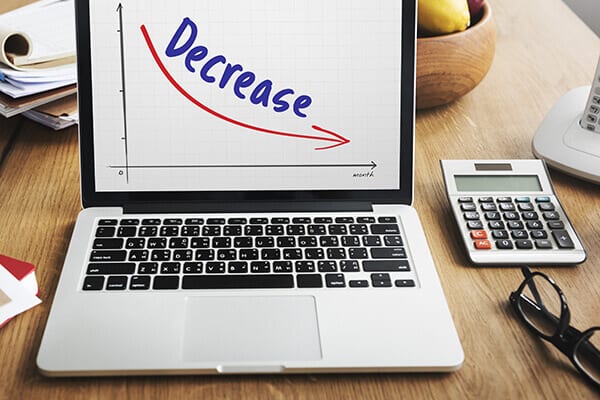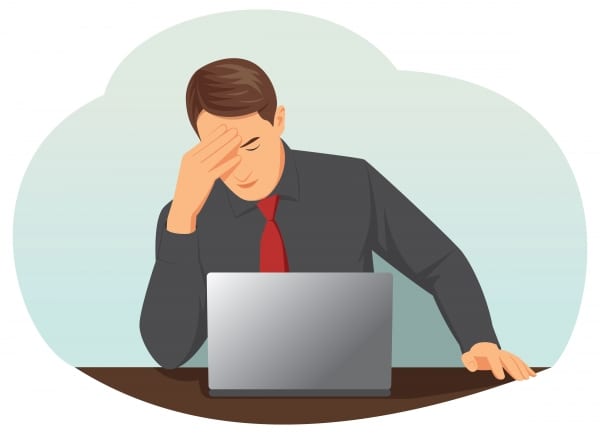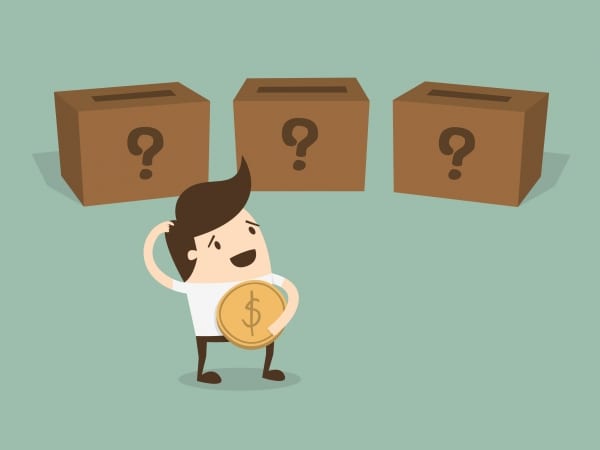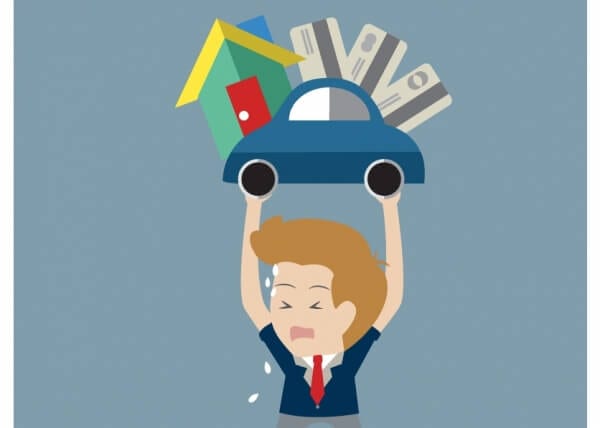If you find yourself in debt, which many people have since the COVID19 epidemic, it’s important to remember you aren’t alone. Whether you have made some bad financial decisions, or things beyond your control have occurred, such as unemployment, injury or illness, there are ways you can get back on track. There are many benefits to getting yourself out of debt, such as an improved credit score and lifts in mental health, so while it may feel daunting at first, a simple few changes you can make a huge difference to your lifestyle. Here are 10 steps to get out of debt.
10 Steps to get out of Debt
1. Put your debt in perspective
The first of 10 steps to get out of debt is to look at where you currently are. Answer the following questions:
- How much debt am I in?
- What interest am I paying on these debts?
- How many debts do I have?
If you can make a note and get in a clear head about where you stand, you can prepare a way forward to get on top of it.
2. Set a budget
This is the best way to oversee your finances. It takes into account how much you are spending each month and on what. Start by writing down your income, and all your fixed expenses each month. This includes insurances, medical and food, dining out and entertainment. Take this away from your income and see how much is less. If it’s less than zero, then you can clearly see you are spending more than you earn and need to make some changes. See where you can cut down. Then, allocate a certain amount to paying off your debts. If you are after a spreadsheet to note all this down, there are plenty of free options on the internet.
3. Start paying!
Start paying off from highest interest rates to lowest, this will save you money in the long run. It is referred to as ‘avalanching’. This means the debts that are costing you the most in interest will be paid off first, before tackling the next one.
4. Lower your interest rates
ext step, it is worth looking at whether you can lower your interest rates. Having high-interest rates can make it much harder to pay off the debt. The easiest way is to contact your lender, and simply ask. If you have a good history of paying off your payments, it can help you succeed.
5. Consider Debt Consolidation
If you don’t manage to lower your interest rates, take a look at whether debt consolidation could be an option for you. This is the process of taking out a single loan to pay off all your other loans. This has the advantage of getting you a better interest rate and helping you keep on track with paying off your debt. Everything is in one place and you make one payment a month – not multiple.

6. Pick up a side hustle
Ever considered renting out a room in your home? Perhaps you have a hidden talent that can get you some extra work on the side? Now is the time to pick up as much work as possible to pay back your debt in a timely manner.
7. Put away those credit cards
The one thing you don’t want while trying to pay off debt is to go into even more debt. Hide those credit cards so that the temptation won’t even be there. Out of sight, out of mind.
8. Sell, sell, sell
Another great way to earn some fast cash is to sell things around your home that you no longer need. You can use eBay, Gumtree or even Facebook marketplace to list your unwanted goods. This could give you a good cash injection boost to get you started.
9. Ask for help
If you have made all these changes but are still struggling, ask for help. Speak to your lender and see if you can renegotiate the terms of your debt. You may even reach out to the family for a helping hand to get you through a bad period. Just getting a boost to start you off can be all you need when it comes to getting out of debt.
10. Declare bankruptcy
A last resort that you want to avoid if possible is declaring bankruptcy. This will have a long-term impact on your credit file and can affect other areas of your life. It is worth seeking professional advice before going down this route and making sure you have exhausted all other options.
Looking for some professional advice? Speak to the experts at the Australian Lending Centre. We can help you pay off your debts and get back on track. By following these 10 steps to get out of debt, you will be able to change your lifestyle and live within your means in no time.








